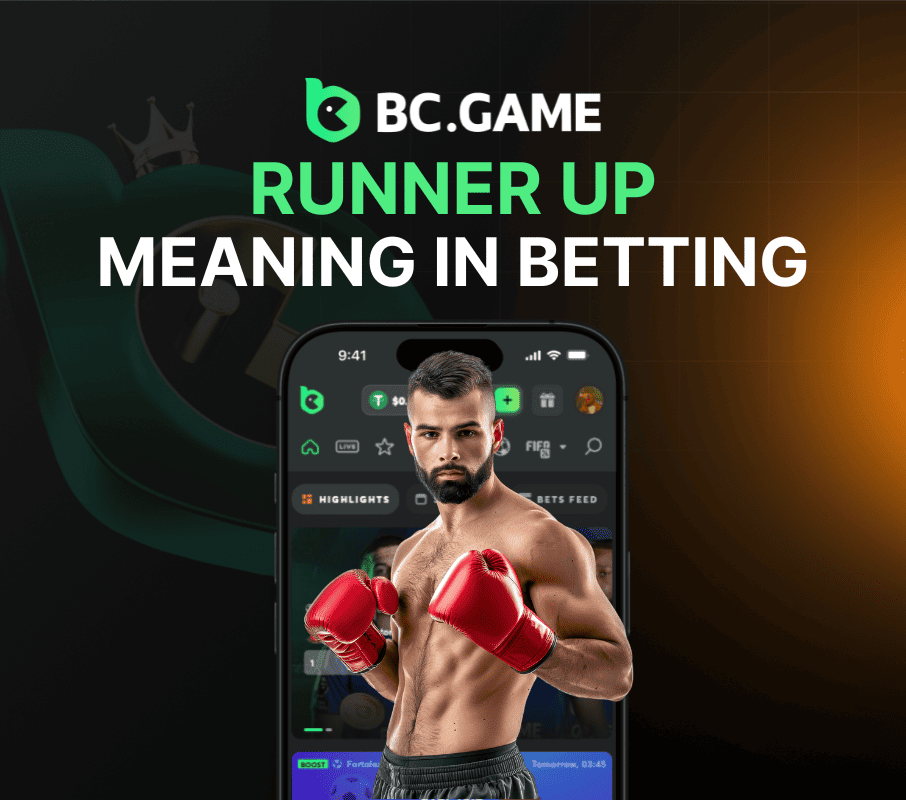
A betting exchange operates as a platform where participants engage in wagering directly with one another, as opposed to placing bets through a traditional bookmaker. This system empowers users to either support (back) or oppose (lay) a particular outcome. Unlike conventional sportsbooks, which generate profits from losing bets, a betting exchange levies a commission solely on successful bets. This approach frequently leads to more competitive odds for bettors, driven by the inherent competition between users in the marketplace.
Betting Exchange Meaning
A Betting Exchange offers a platform where users engage in peer-to-peer betting. Instead of placing bets against a bookmaker, users place bets against each other, with the exchange serving as the intermediary. Below is a breakdown of key aspects:
Key Features of a Betting Exchange:
- Back Bet: A wager that a specific event will occur.
- Lay Bet: A wager against an event happening.
Commission Structure:
- Commission: Typically charged on winning bets only.
- Rates: Vary by platform but usually range between 2% to 5%
Odds:
- Market-Driven: Reflect the collective opinion of all participants.
- Better Odds: Often more competitive than traditional sportsbooks.
Example of Betting Exchange Operation:
| Bet Type | User A | User B | Exchange |
| Back Bet | £50 on Team X to win | – | Receives a matching bet |
| Lay Bet | – | £50 against Team X winning | Matches the back bet |
| Outcome: Team X wins | User A wins | User B loses | Exchange takes commission on User A’s winnings |
Frequently Asked Questions
A Betting Exchange allows peer-to-peer betting, while traditional sportsbooks set odds and take the opposite side of your bet. The betting exchange only charges a commission on winnings, whereas sportsbooks profit from losing bets. This peer-to-peer system is a central feature of sports betting exchange platforms.
Betting Exchanges often offer better odds, more flexibility with laying bets, and greater transparency in the betting process. Users also have the opportunity to become the bookmaker by laying bets, a significant difference when compared to sports betting exchange systems. This advantage is enhanced by the user-driven market dynamics, allowing bettors to explore strategies not available in traditional betting.



























